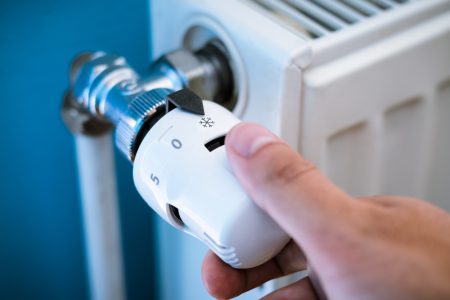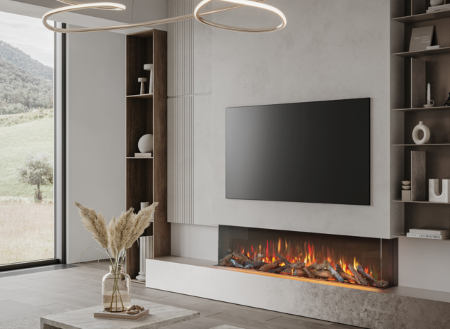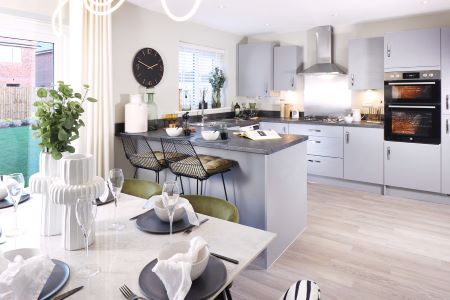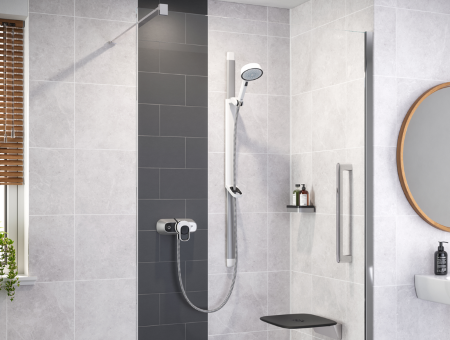The recently published Clean Growth Strategy sets out proposals that aim to accelerate the pace of “clean growth” within the UK.
This commitment centres on the principle that the UK will deliver increased economic growth through promoting renewable and sustainable sources of energy whilst decreasing the use of carbon in all aspects of the UK economy throughout the 2020s.
Commenting on the strategy, Jaga managing director Claire Owen said:
“The Clean Growth Strategy moves away from focusing solely on the industrial sector and emphasises the role commercial and domestic properties play in tackling emissions. Domestic properties alone make a significant contribution to the UK emissions; a whopping twenty percent in total. So, when it comes to reducing emissions in UK homes the building industry plays an important part; in both new builds and renovation projects.
“The Government’s proposed £10 million investment in developing energy efficiency and heating technologies will go a long way to achieving low carbon homes and cheaper fuel bills for consumers.
“Research published last month by the UK Energy Research Centre and University of Sussex Centre on Innovation and Energy Demand found that energy efficient improvements to home heating, insulation, lighting and appliances could reduce the energy consumed in UK households each year by a quarter, and knock £270 off the average annual bill of £1,100. What’s more, such investment could also deliver a net benefit to the UK economy of £7.5 billion.
“Therefore, it’s crucial for developers to consider energy efficient heating products when refurbishing existing homes and building new ones.
“For example, Low-H₂O radiators use less water than steel panel radiators but produce the same amount of heat. With less water being used, Low-H₂O radiators can respond quicker, consequently consuming less energy. Less demand is placed on the boiler system, meaning people will get more heat for their money over its lifetime. Fan assisted technologies such as our DBE (Dynamic Boost Effect) increase the output of these radiators, and when working with lower water temperatures, it makes them the perfect partner for heat pump systems.
“Many new homes have underfloor heating, but as these systems are slow to react, residents may experience poor thermal comfort. However, by combining underfloor heating with small and fast responding Low-H2O radiators, thermal comfort is improved and less energy is used resulting in lower fuel bills. If used in conjunction with renewable electricity, there is an even greater level of efficiency.
“As a leading manufacturer of environmentally-friendly heating products, the Government’s Clean Growth Strategy matches our own commitment to developing products that use less energy and fewer raw materials.”






